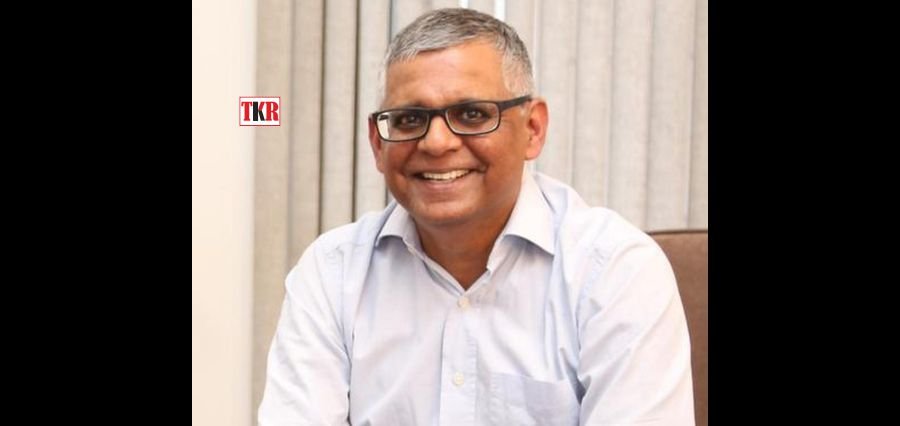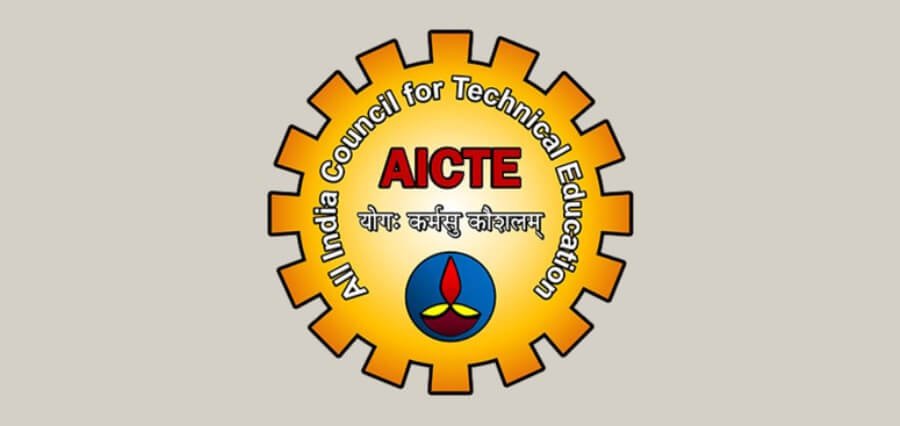Starting this year, ISB is bolstering its PGP to offer greater adaptability, practical integration, and a wider array of elective choices. The Indian School of Business (ISB) has announced a comprehensive overhaul of its Post Graduate Programme in Management (PGP) in response to the shifting dynamics of the business world, as outlined in a recent press release.
The curriculum redesign revolves around three primary objectives. Firstly, there’s a concerted effort to tailor the program structure to be more adaptable and individualized, recognizing the varied backgrounds of students spanning from engineering to the armed forces to arts or sports. Secondly, there’s a focus on enriching learnability by adopting more activity-based teaching methods aimed at nurturing ongoing learning abilities. Lastly, there’s a proactive approach to curriculum renewal aimed at addressing future needs and challenges, as highlighted in the press release.
In line with these changes, the updated curriculum places a strong emphasis on personalized and experiential learning opportunities. The newly established Centre for Learning and Teaching Excellence is expected to play a pivotal role in this delivery. It aims to facilitate continual enhancements in content and curriculum design. According to the institute, technologists and cognitive psychologists will be integral members of this faculty-led center, contributing their expert insights to drive innovation.
In order to accommodate innovations within the one-year program, the school has restructured its format. Previously, the program consisted of standard six-week terms, but now it incorporates four “block weeks,” allowing for a range of shorter-term courses to be inserted between the regular terms, as detailed in the press release.
ISB Dean Madan Pillutla said, “In such a period of constant change, what one knows for sure is that people who have a variety of skills will succeed. But if you make the curriculum too rigid and give them what you think is ideal fit for this environment, it is simply not going to be enough for them down the line. So, that was the impetus for us to begin to examine it very carefully.”
Read More: https://theknowledgereview.in/





